When a company approaches or enters into insolvency, its directors need to be more aware than ever of their duties. Failure to comply with these legal duties can result in a director having personal liability for the company’s debts or being disqualified from being a director.
On 5th October 2023, The Insolvency Service published new guidance on director’s duties upon insolvency, to help to publicise to directors what duties they owe when their company is actually insolvent.
Responsibilities for directors of insolvent companies
The Insolvency Service guidance summarises that when a company becomes insolvent, a director’s priorities shift from the shareholders to the creditors. In such a situation, the directors must:
- protect any assets the company has
- treat all creditors the same – director’s cannot prioritise one over another
- make sure the company does not worsen the financial position of creditors
- consult with or consider appointing an insolvency practitioner.
The guidance also notes that whilst directors are not normally personally responsible for company debts, if they are deemed to have been responsible for the company being mismanaged, there are certain situations when this position can change, including if there is evidence of wrongful or fraudulent trading, misfeasance, or compensation orders. In reality, these considerations need to be thought-about by directors long before a company is actually insolvent.
What does this mean in practice?
Whilst any accessible guidance for directors can only be a good thing, this new guidance really acts as a signpost for the duties and responsibilities directors need to consider.
If a director needs guidance on any action they’re considering taking on behalf of a distressed company, they should seek tailored legal advice from lawyers and insolvency practitioners. The options for the company only narrow as time moves on, so directors should seek advice as early as possible. Doing so will help to ensure the best possible outcomes for the company and its stakeholders and avoid the directors ending up with personal liability or other penalties.
Liquidators and administrators are required to investigate the circumstances surrounding a company’s insolvency. As mentioned, if a director gets it wrong these investigations can ultimately lead to personal liability and/or disqualification. Therefore, once a company has entered into formal insolvency proceedings, it is wise for the directors to seek legal advice to advise and represent them in the investigation. Again, early advice will help to ensure the directors are well-prepared to respond to any enquiries.
Quick tip: Directors & Officers’ (D&O) Insurance may be able to help fund the directors’ legal advice if they face such investigations – so it is important to ensure the right cover is in place and premiums are up to date.
Directors must take particular care in exercising their duties when their company is in ‘The Grey Zone’.

‘The Grey Zone’ – when do duties switch to creditors?
It is not always straightforward to assess when insolvency is approaching and when a director’s duty switches from the best interests of the company and its shareholders to the best interests of its creditors.
A recent Supreme Court Ruling went someway to clearing this up, confirming that directors owe a duty to creditors when insolvency is “imminent”, rather than when insolvency is merely possible. However, the definition of “imminent” is fact-specific, again requiring directors’ to take expert advice from lawyers and insolvency practitioners rather than just purely rely on their judgement to determine how best to prioritise and act in the interests of all stakeholders, including creditors.
The Leverets team has over 30 years’ experience acting for a variety of clients and businesses in insolvency matters. If you’re a director facing insolvency and have concerns about your duties and ability to act in the interests of every stakeholder, please get in touch.






